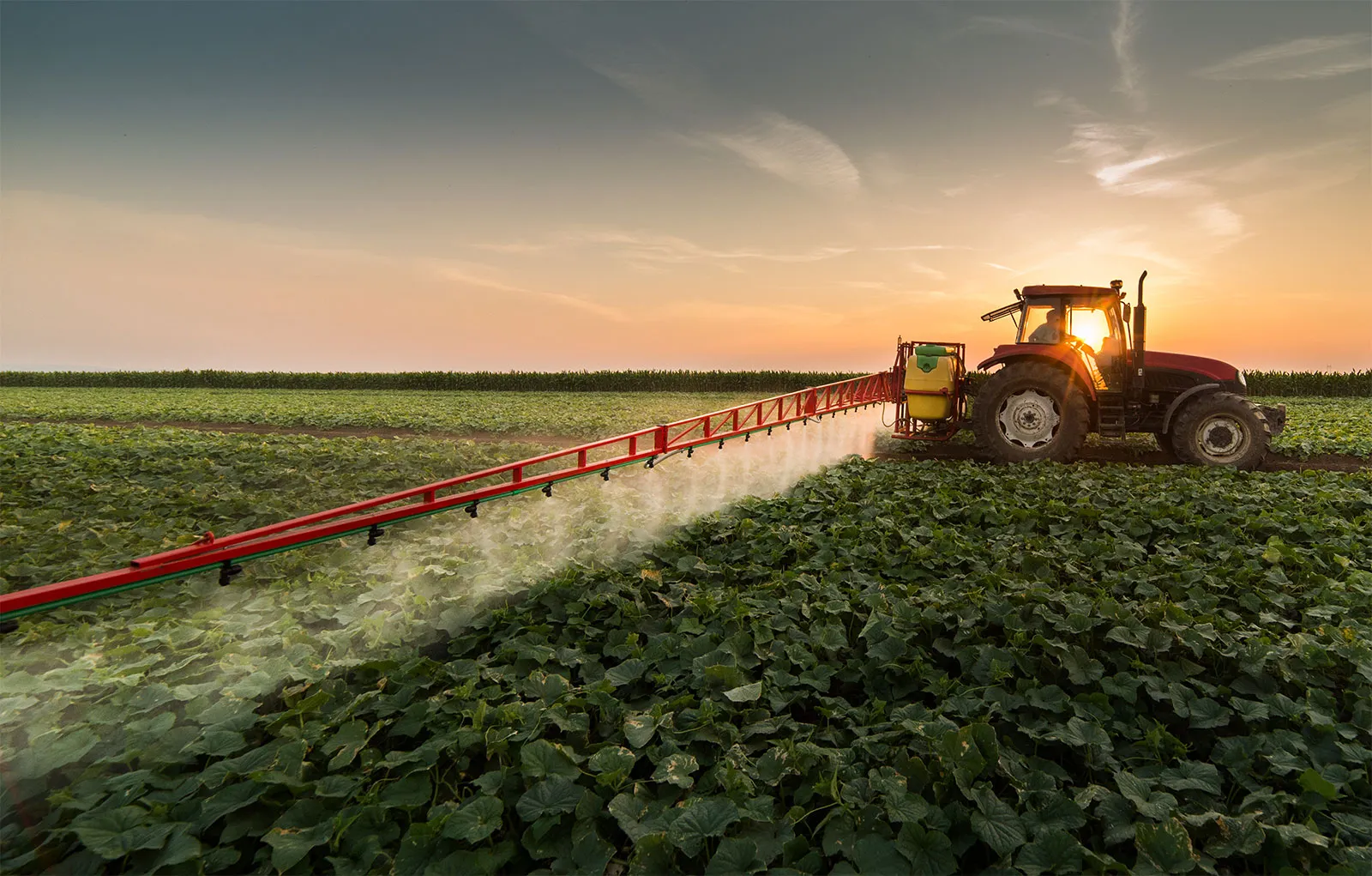Amid agriculture’s dynamic changes, a consistent force has reshaped farming: the farm tractor. It has revolutionised conventional labour, becoming essential for contemporary global farmers. This post explores tractor evolution, advancing tech, and its pivotal role in modern agriculture’s development.
Historical Context: From Horsepower to Horsepower
The story of the farm tractor began in the late 19th century when steam-powered engines were adapted to perform agricultural tasks. These early machines paved the way for the development of gasoline-powered tractors, marking a significant shift from horse-drawn implements to mechanised solutions. The Fordson Model F, introduced in 1917, is often credited as the first mass-produced tractor, sparking a new era in farming efficiency.
Mechanisation and Efficiency
Farm tractors brought about a radical transformation by offering unprecedented efficiency and productivity. Introducing tractors mechanised many tasks, including ploughing, planting, cultivating, and harvesting. Farmers could now cover larger areas in less time, increasing yields and reducing manual labour. This shift in efficiency played a crucial role in addressing the world’s growing food demands.
Technological Advancements
Farm tractor technology has progressed rapidly over time. Mechanical innovations, like introducing four-wheel drive and hydraulic systems, are seen in tractors like Solis 2216 SN 4WD and Solis 5024. These advancements enable tractors to manage more tasks with precision and power.
As seen in Solis 2216 SN 4wd, integrating GPS and precision farming technology optimises operations, including planting, fertilisation, and yield monitoring. Such technologies in models like Solis 5024 S 2WD enhance productivity and support sustainable farming by reducing resource wastage.
Diverse Applications
Today’s farm tractors have evolved into versatile machines that cater to various agricultural needs. From compact utility tractors for small-scale farming to heavy-duty models for large-scale operations, there is a tractor for every requirement. Specialised attachments, such as ploughs, tillers, mowers, and loaders, allow tractors to perform many tasks efficiently. This adaptability enhances a farmer’s ability to manage diverse crops and cultivate various terrains.
Environmental Impact
Environmental concerns increasingly influence the modern agricultural landscape. Farm tractors, too, have adapted to align with sustainable practices. Advancements in cleaner-burning engines, emission-reduction tech, and alternative fuels have markedly lessened tractors’ ecological impact. This dedication to environmental stewardship ensures farming aligns with the planet’s equilibrium.
Economic Empowerment
The economic significance of farm tractors extends beyond their role in food production. They contribute to rural development by providing job opportunities, fostering technological advancements, and enhancing local economies. As farmers embrace mechanisation, they become more productive, leading to increased income and improved living standards. Moreover, the farm equipment industry creates a ripple effect by supporting ancillary sectors, such as manufacturing and maintenance, thereby boosting overall economic growth.
Uses Of Farm Tractors
Farm tractors, including models like Solis 5024 S 2WD and Solis 2216 SN 4wd, are indispensable in agriculture. These tractors plough, plant, and cultivate fields, enhancing efficiency and yield. They manage various terrains and tasks, aiding in land preparation, irrigation, and material handling. Precision technology in tractors like Solis 2216 SN 4wd aids in accurate planting and application.
With attachments, such as those for Solis 5024 S 2WD, they mow, harvest, and transport crops. Their multifunctionality optimises resources, supporting sustainable and productive farming practices while showcasing the prowess of modern machines like Solis tractors.
Importance Of Tractors For Farmers In India
Tractors hold immense significance for Indian farmers. They revolutionise traditional manual labour, enhancing efficiency and productivity across various agricultural tasks like ploughing, sowing, and harvesting. Tractors provide timely operations, optimising yield and reducing work. In a country where agriculture is a cornerstone, tractors streamline processes, enabling farmers to cultivate larger areas with less effort.
Tractors empower both small and large-scale farmers, acting as a bridge between conventional and contemporary methods. Given India’s expansive agricultural expanse, tractors are pivotal in ensuring food security, driving rural development and fostering economic growth.
Conclusion
The transformation of farm tractors from rudimentary steam engines to cutting-edge precision machinery is a testament to human ingenuity and innovation. These remarkable tools have seamlessly integrated into the heart of modern agriculture, acting as a lifeline that propels productivity, ensures sustainability, and drives economic progress. The trajectory of farm tractors’ development has mirrored the advancement of agricultural practices, with their adaptability and efficiency playing a pivotal role in shaping the industry’s growth.
As we gaze toward the future, the role of farm tractors is poised to expand even further. These indispensable machines will continue to pave the way for efficient, eco-friendly, and prosperous farming practices. With ongoing technological advancements, tractors will remain a driving force behind agricultural evolution, enabling farmers to meet the challenges of an ever-changing world while upholding the values of productivity, sustainability, and progress.
